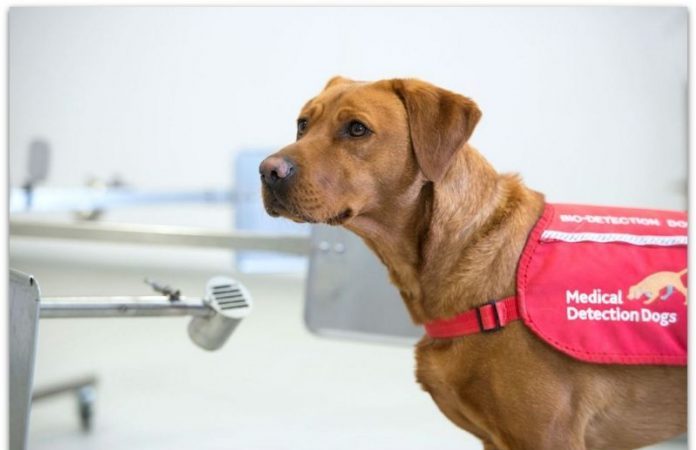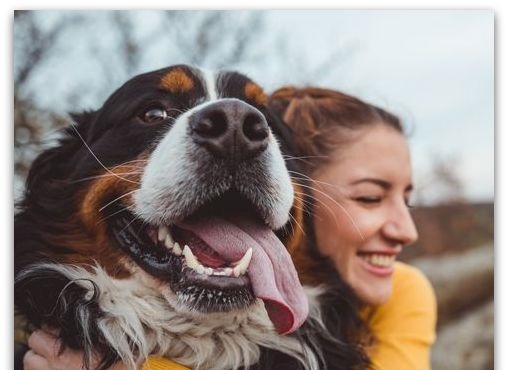

The first tests in Finland surprised scientists – dogs quickly learned to smell the coronavirus infection. How can our best friends help fight the pandemic?
The success was astonishing – after several weeks of training, the dogs were able to distinguish the smell of the urine of people who are positive for the virus almost without error, writes DV.
“It was amazing to see how quickly they learned to recognize the new smell,” said Anna Hilm-Bjerkman of the University of Helsinki, where the pilot study was conducted.
Finnish experts report that dogs identify the “smell of corona” as reliably as standard PCR tests used around the world. Further studies and, if all goes well, practical application follow. Similar trainings for dogs are carried out in Great Britain and France.
It is still not clear what substance gives urine its characteristic smell. The coronavirus not only causes problems with the lungs, but also causes damage to the kidneys and other organs, which I assume changes the smell of the urine.
They only want one scent
Dogs as disease detectors – this is nothing new. It has long been known that they can help in the early detection of various types of tumors or Parkinson’s disease – before any doctor can detect them.
“According to one study, dogs can recognize breast cancer with a probability of 93 percent and lung cancer with a probability of 97 percent,” says Luca Barrett, who leads the German dog training center as an assistant.
Dogs have about a million times better sense of smell than humans. While humans have about five million scent cells, a dachshund has 125 million, and a German shepherd as many as 220 million. Dogs breathe quickly through their noses – about three hundred breaths per minute – and also spatially distinguish scents.
The most suitable breeds for this type of training are Labradors and other retrievers, cocker spaniels and various types of shepherds. In training, a dog is trained for only one specific smell – drugs, explosives, money, firearms or a disease.
The training takes place according to the classical principle of reward. When the dog approaches a container containing, say, the sweat of a person with a certain disease, it is rewarded with food. That’s how he learns to always look for that scent.
Help at airports?
Although dogs are proven helpers, as professionals they more often work for the army and police, but rarely in medical facilities. For proponents of classical medicine and especially for people in the health insurance industry, dogs are not a favorite “resource”.
Luca Barrett hopes that if the information from Finland is confirmed, the dogs will be able to help at least in places with a lot of traffic, such as in front of football stadiums or at airports.
“If you take dogs along the lines of waiting passengers, they can tell the difference between healthy and infected dogs,” she says.
Potentially infected people, for example, could be sent for a classic test.
Also, dogs could smell buildings that have been vacated due to the corona and then disinfected, such as nursing homes or hospitals. Then life can return there only when the dogs give the “green light”.








